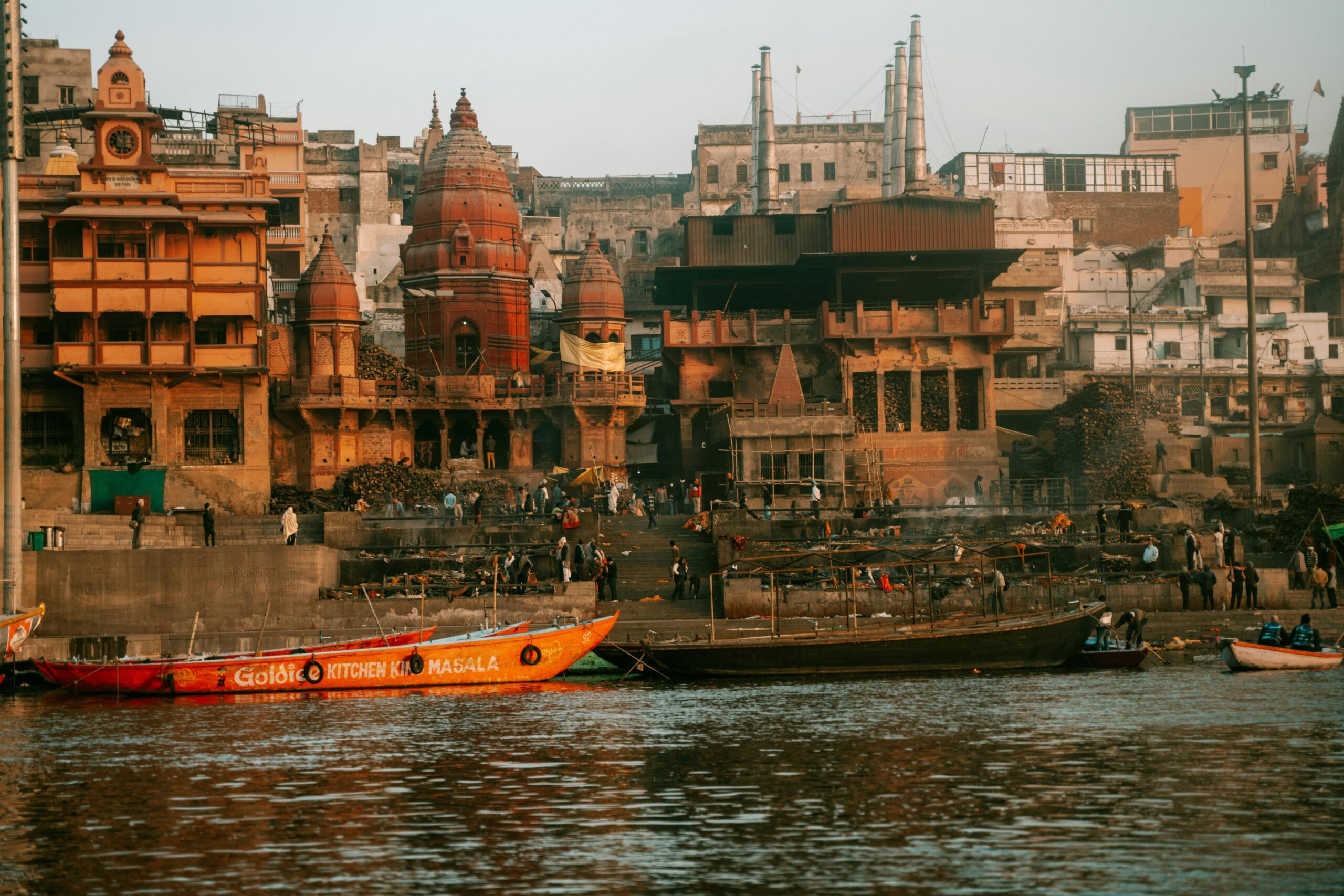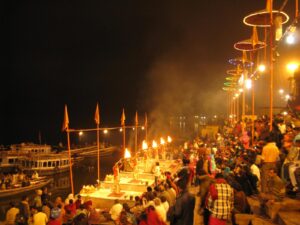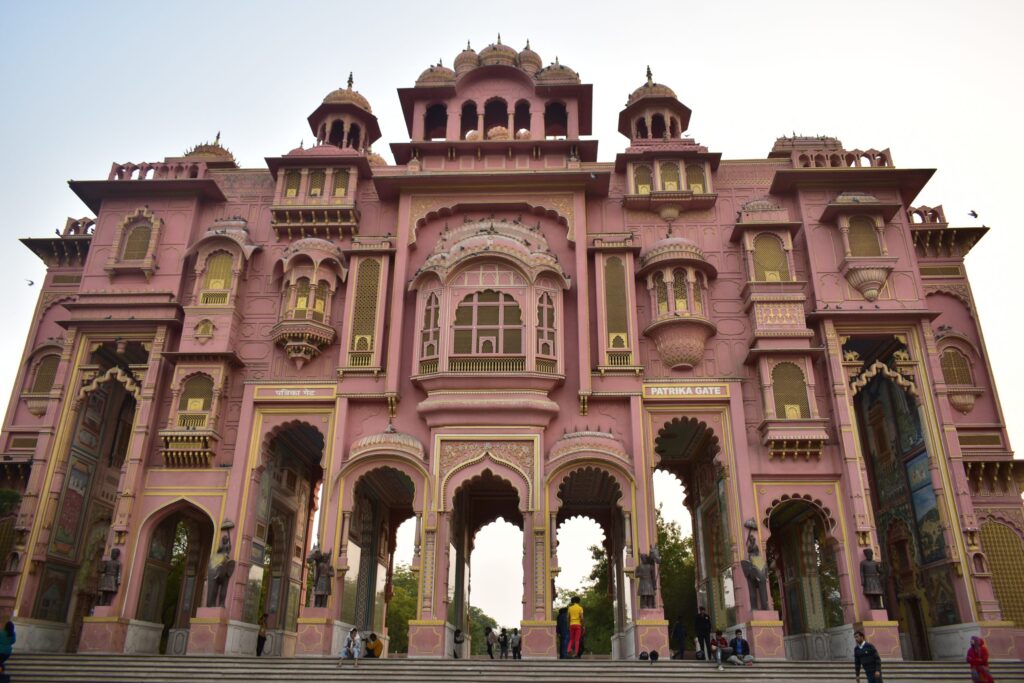The Eternal City: The Oldest Living City on Earth
Varanasi, also known as Kashi or Banaras, is not just a city but a living testament to India’s timeless culture, spirituality, and resilience. Revered as one of the oldest continuously inhabited cities in the world, Varanasi has been a cradle of civilization for over 3,000 years. Situated along the banks of the sacred Ganges River, the city exudes an aura of mysticism, where every corner tells a story of life, death, and eternity. Known as the “City of Light”, it has been a beacon for seekers of truth, enlightenment, and salvation throughout the ages.
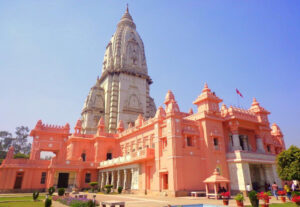
The Origins of Varanasi: Where History Meets Mythology
The origins of Varanasi are steeped in myth and legend, intertwined with history. According to Hindu mythology, the city was founded by Lord Shiva, who made it his eternal abode. It is believed that Varanasi existed even before time itself, earning it the title of the “City of Eternal Time”.
Ancient texts like the Rigveda and the Puranas refer to Varanasi as Kashi, a place of illumination. It was a major center for trade, culture, and spiritual learning in ancient India. The city’s name is derived from the confluence of the two rivers, Varuna and Assi, which mark its boundaries. These roots in mythology and history make Varanasi a city where the divine and the earthly meet.
Varanasi Through the Ages: A Living Timeline
Ancient Period:
Varanasi flourished as a hub of commerce and spirituality during the Gupta period and earlier, attracting traders, scholars, and pilgrims from across the subcontinent. The city’s prominence as a center of learning saw the rise of renowned scholars like Gautama Buddha, who delivered some of his earliest sermons in nearby Sarnath.
Medieval Period:
Varanasi witnessed a blend of cultural influences during the Mughal era. While the city faced challenges during invasions, rulers like Akbar supported its temples and culture, allowing it to remain a vital spiritual hub.
Modern Era:
Under British rule, Varanasi became a center of the Indian independence movement, with many leaders drawing inspiration from its rich spiritual and cultural heritage. Today, the city continues to thrive, blending ancient traditions with modern aspirations.
A Spiritual Hub: Varanasi’s Timeless Role
Varanasi’s spiritual significance is unparalleled. The Ganges River is not just a river but a divine entity believed to cleanse sins and lead souls to salvation. Pilgrims flock to its ghats to perform rituals, take holy dips, and immerse the ashes of their loved ones in the sacred waters, ensuring their journey to moksha (liberation).
The Kashi Vishwanath Temple, dedicated to Lord Shiva, stands as the spiritual heart of Varanasi. It is one of the 12 Jyotirlingas, making it a must-visit for devotees. The city is also home to countless ashrams and centers of Vedic learning, making it a hub for yoga, meditation, and spiritual awakening.
Iconic Ghats: The Soul of Varanasi
The ghats of Varanasi are its lifeblood, where life and death coexist in harmony. Each ghat holds a unique significance:
- Dashashwamedh Ghat: Known for its vibrant Ganga Aarti, this ghat comes alive every evening with chants, bells, and the lighting of lamps in a mesmerizing ceremony.
- Manikarnika Ghat: As one of the holiest cremation grounds, this ghat symbolizes the cycle of life and death, embodying the city’s belief in the eternal journey of the soul.
- Assi Ghat: A quieter yet equally spiritual spot, this ghat is ideal for meditative mornings and serene sunsets.
The ghats are not just places of worship but also hubs of art, culture, and storytelling, reflecting the soul of Varanasi.
Varanasi Today: A Blend of Ancient and Modern
Today, Varanasi is a city of contrasts. While its ancient traditions remain deeply ingrained, the city has embraced modernization with open arms. The bustling markets of Varanasi, known for their Banarasi silk sarees, coexist with centuries-old lanes filled with temples and heritage buildings.
The city is also a hub for classical music and dance, with artists drawing inspiration from its spiritual ambiance. The addition of modern infrastructure, cafes, and cultural festivals ensures that Varanasi caters to both pilgrims and travelers seeking unique experiences.
What Varanasi Offers to Travelers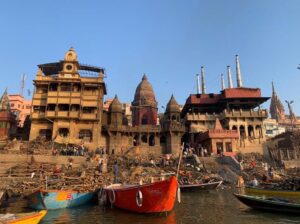
Varanasi offers an unparalleled journey into India’s spiritual and cultural essence:
- Spiritual Experiences: Participate in the evening Ganga Aarti, visit ancient temples, and witness rituals that define the rhythm of life along the ghats.
- Cultural Exploration: Discover local crafts, indulge in traditional cuisine, and attend classical music performances that capture the city’s artistic soul.
- Offbeat Adventures: Explore the hidden alleys, meet local artisans, or take a boat ride at sunrise for a magical view of the city waking up.
Conclusion: Embrace the Eternal Spirit of Varanasi
Varanasi is more than just a city; it is an experience that transcends time. Its sacred temples, iconic ghats, and enduring spiritual practices offer a unique window into India’s soul. Whether you come as a pilgrim, a traveler, or a seeker, Varanasi promises a transformative journey that connects you to its eternal essence. Explore this timeless city, and let its stories, rituals, and traditions inspire a deeper connection with yourself and the world around you.

